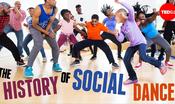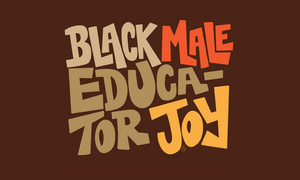The History of African-American Social Dance




This week, we were disappointed to see wide circulation of the videos showing Ahmaud Arbery's and Sean Reed's shooting deaths. Educators have a responsibility to engage with students about this violence against Black men—and the white supremacist systems that allow it to continue. But they must do so without re-traumatizing Black students and with extra care for their mental health. These resources can help.
Did you know that, in seven states, April is officially designated as Confederate History Month? Or that Confederate monuments can be found from Portland, Oregon, to the Bronx in New York? These resources can help you teach the real history behind the "Lost Cause" and public monuments in its honor—and explore how communities are challenging this false narrative.
This edition of The Moment ensures your classroom reflects the diversity of Asian-American students and to help them feel seen year-round.
When a young person experiences sexual assault, a survivor-centered approach—from parents, caregivers, educators and everyone involved in the survivor’s life—is essential. These LFJ resources, including a new article outlining strategies for supporting survivors and their families, offer information about ways to help.
As real people with real experiences who have shaped and will continue to shape U.S. culture and society, Black LGBTQ people are not political wedge issues. The insidious combination of racism and queerphobia can seriously affect the mental health of our LGBTQ youth of color, especially amid the political attacks on human rights through efforts to control bodily autonomy including reproductive rights and identity. Beyond celebrations of Pride Month and Juneteenth, we must all work to provide space for Black LGBTQ people.